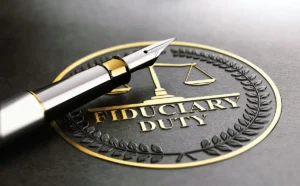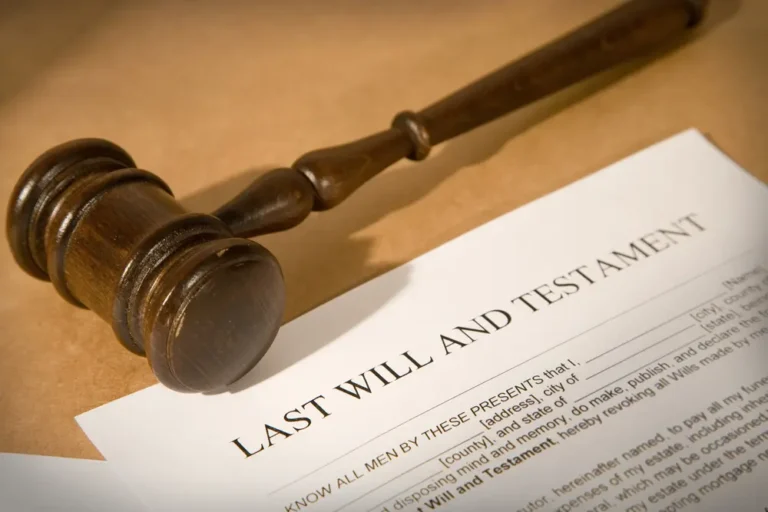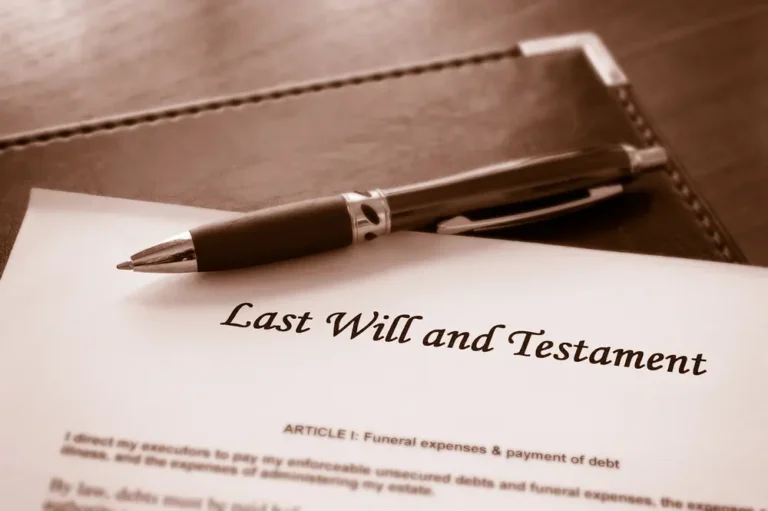Breach of Fiduciary Duty~2 min read

Those who are named personal representative of an estate, such as an executor, administrator, or guardian, have a fiduciary duty to the estate. This means personal representatives of an estate must always act in the best interest of the estate. Whether you are an executor who wants advice on how to fulfill your duties, or a beneficiary who believes an executor breached his or her fiduciary duties, our attorneys at Springer & Lyle can help.
Fiduciary Duties
Some fiduciary duties a personal representative of an estate has to the estate include:
- Acting expeditiously in bringing the estate to conclusion. This maximizes the estate assets distributed to beneficiaries or available for estate expenses.
- Gathering the assets of the ward or decedent.
- Paying the debts of the ward or decedent.
- After paying the debts in probate, distributing the assets according to the terms of the decedent’s will.
- Filing an accounting with the probate court. The accounting should list all assets and how each was distributed, all debts that were paid, and all expenses incurred by the personal representative.
In complying with these duties, the personal representative must:
- Never use estate assets for personal gain.
- Make decisions that are free of self-dealing or personal advantage.
- Never act in a manner adverse to the estate.
- Avoid conflicts of interest.
- Administer the estate to conclusion without delays.
Common Ways Estate Executors Breach Their Fiduciary Duties
History and experience show that despite how trustworthy a fiduciary may seem, there are those who breach their fiduciary duties. Some of the most common ways include:
- Embezzling from the estate.
- Self-dealing and acting in their own interest instead of the best interest of the estate.
- Co-mingling estate assets with the fiduciary’s personal assets or using the same account for personal and estate expenses.
- Selling assets at unreasonably low prices to the detriment of the estate.
- Ignoring beneficiary’s requests for information.
- Missing court deadlines without cause.
- Failing to address claims of creditors.
If you believe the executor of an estate for which you are a beneficiary has violated his or her fiduciary duties, there are elements you must prove to win your case.
Elements of a Breach of Fiduciary Duty Claim
The elements you must prove if you file a claim alleging the fiduciary breached his or her fiduciary duties are:
- There was a fiduciary relationship.
- The duty was breached.
- The breach of that duty caused you harm.
The court may remove that personal representative from that position and order him or her to refund the estate for any loss it incurred.
Attorney Aubry Dameron at Springer & Lyle can answer questions you have regarding fiduciary duties. Contact her at 940-370-4033 to schedule an appointment for a consultation.







